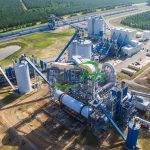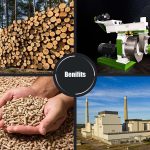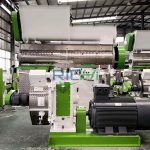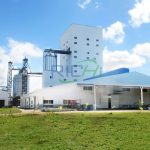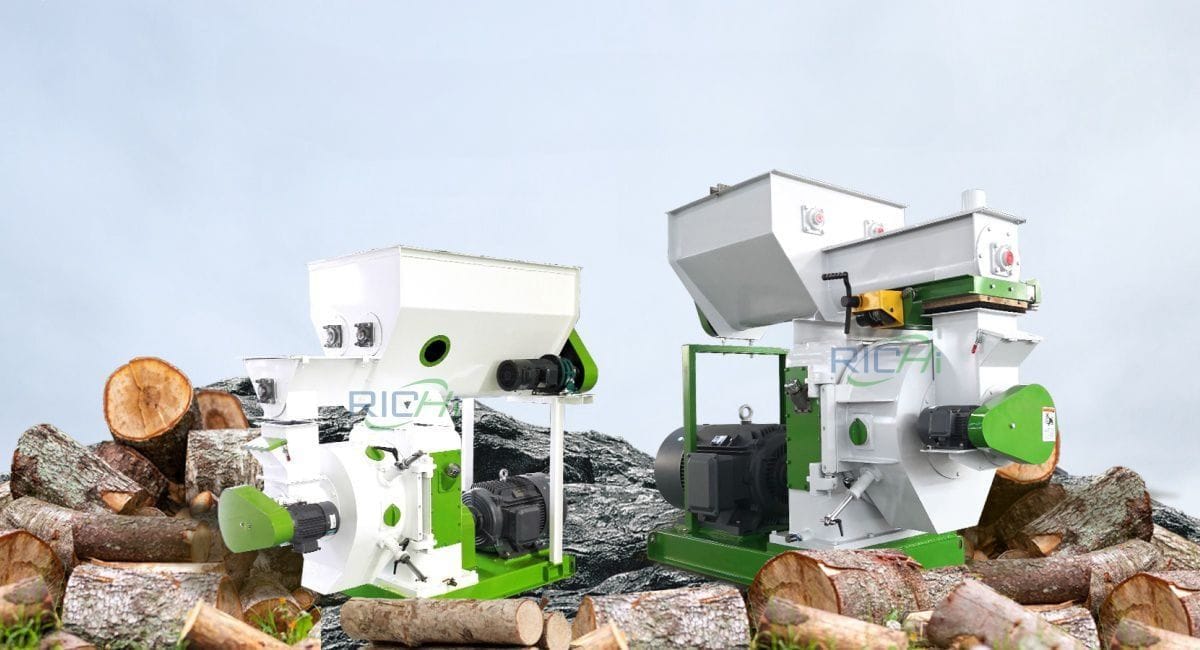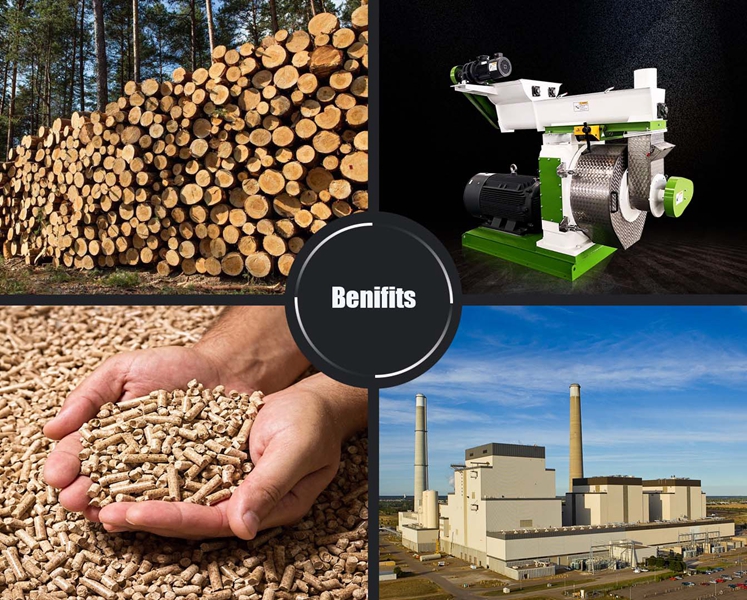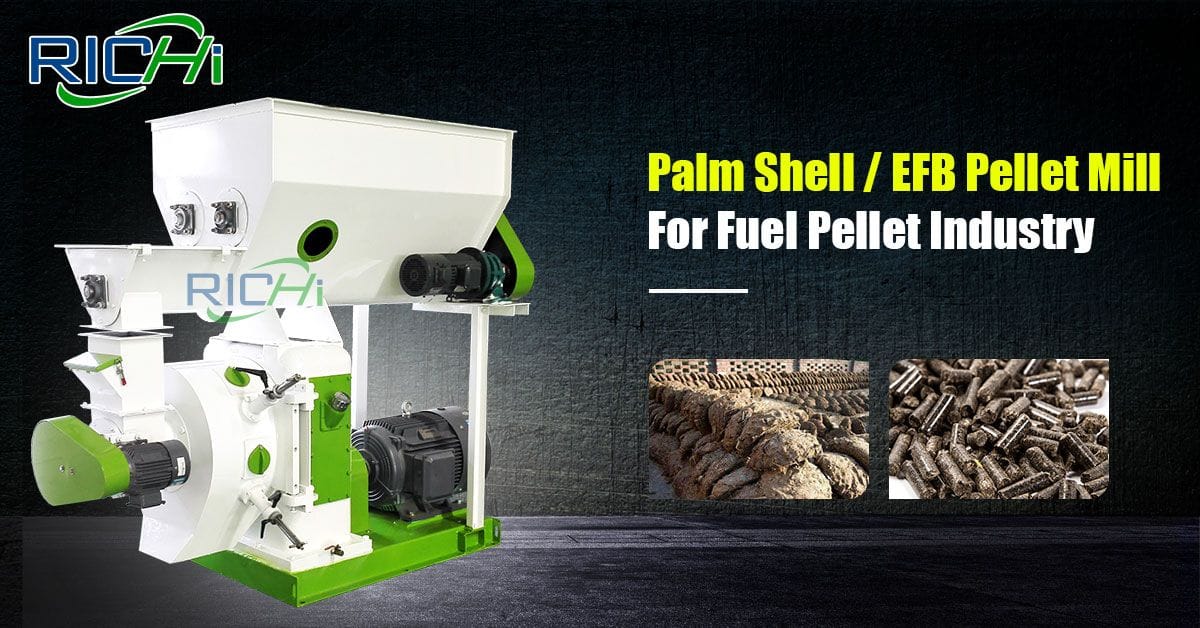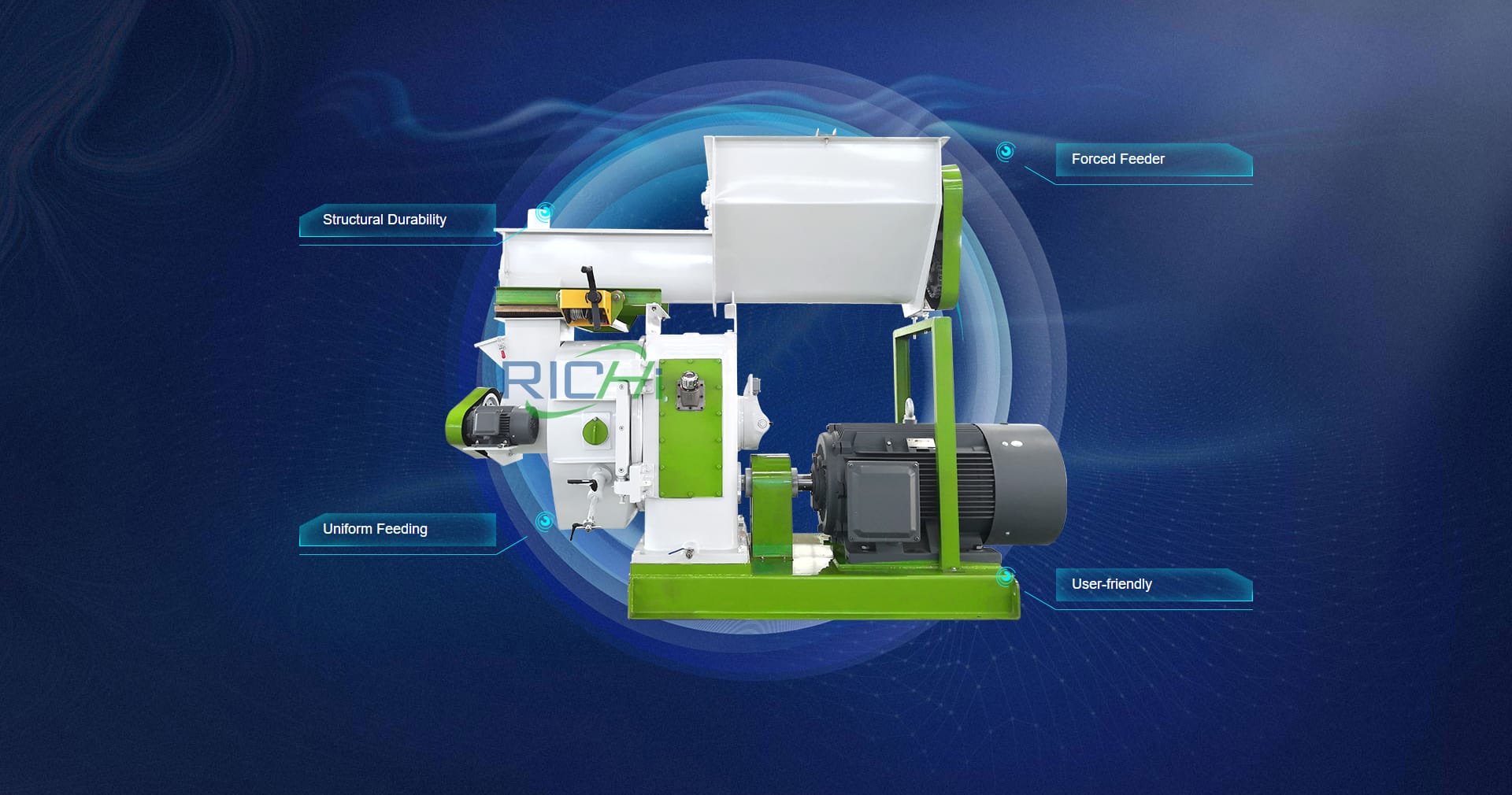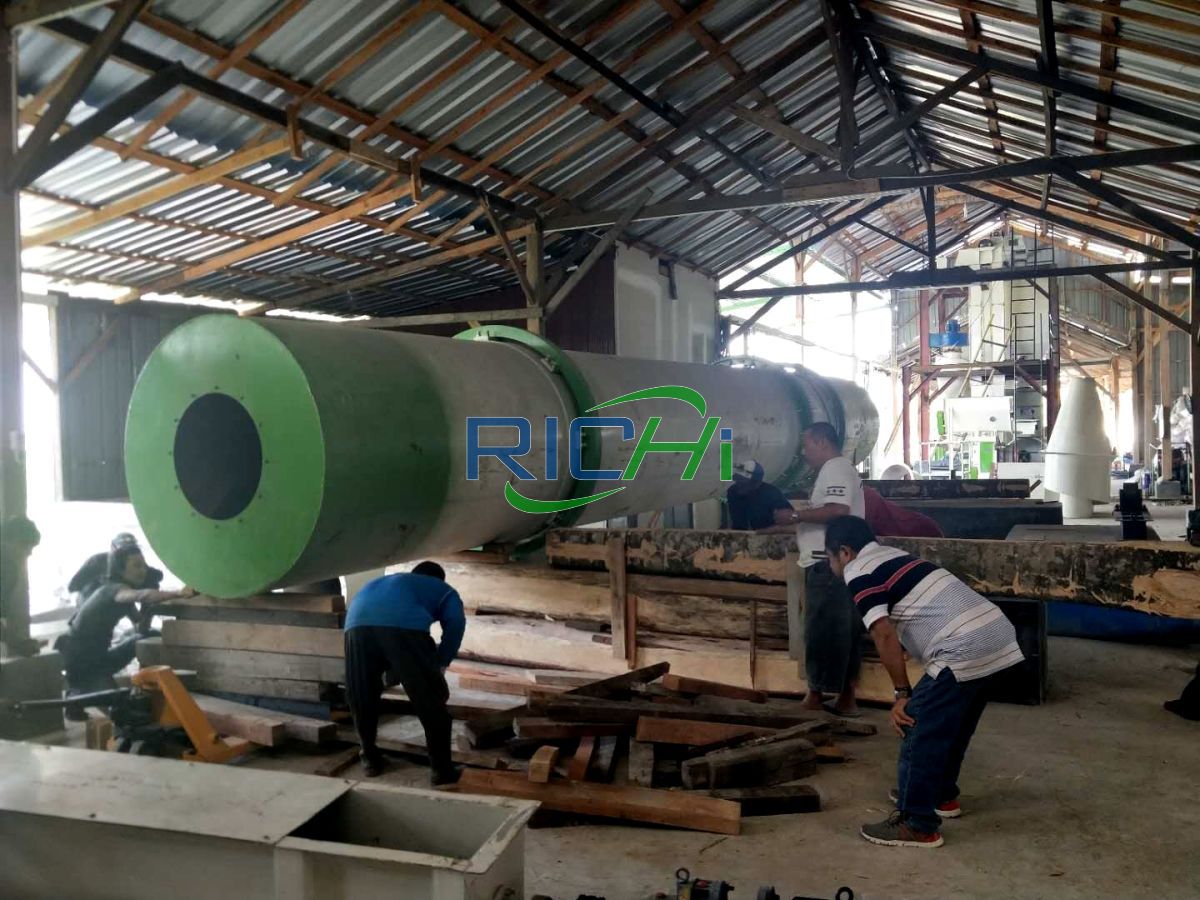In the ever-evolving landscape of renewable energy sources, the demand for sustainable and efficient biomass fuel solutions has gained significant momentum. As the world strives to reduce its reliance on fossil fuels and mitigate the impact of climate change, the utilization of renewable resources has become a paramount priority. Enter hardwood pellet mills, specialized equipment designed to transform woody biomass into compact and energy-dense pellets, offering a promising solution for sustainable heat and power generation.
The Significance of Hardwood Biomass
Hardwood biomass, derived from deciduous trees and woody plants, has emerged as a valuable resource in the renewable energy sector. The significance of hardwood biomass as a fuel source extends beyond its renewable nature, offering numerous advantages:
- Carbon Neutrality: When burned for energy, hardwood biomass releases carbon dioxide that was previously absorbed by the trees during their growth cycle, resulting in a relatively carbon-neutral process.
- Abundant and Renewable: Hardwood forests and plantations can be sustainably managed and replenished, ensuring a continuous supply of biomass feedstock.
- Energy Density: Hardwood biomass, particularly in pellet form, has a higher energy density compared to other biomass sources, making it an efficient and cost-effective fuel.
- Versatility: Hardwood pellets can be utilized in a wide range of applications, including residential heating, industrial boilers, and co-firing in power plants, offering flexibility in energy production.
- Local Sourcing: Hardwood biomass can often be sourced locally, reducing transportation costs and supporting regional economies while promoting energy independence.
The Role of Hardwood Pellet Mills
Hardwood pellet mills play a crucial role in transforming raw hardwood biomass into a convenient and efficient fuel source. These specialized mills offer numerous benefits:
- Increased Energy Density: By compressing and densifying hardwood biomass into pellets, these mills significantly increase the energy density of the fuel, facilitating efficient transportation, storage, and combustion.
- Consistent Quality: Advanced hardwood pellet mills incorporate quality control measures to ensure consistent pellet size, density, and moisture content, promoting uniform combustion and energy output.
- Efficient Processing: These mills streamline the biomass processing workflow, integrating various stages such as drying, grinding, and pelleting, resulting in increased efficiency and productivity.
- Reduced Emissions: Hardwood pellets produced by these mills typically have lower emissions compared to traditional fossil fuels, contributing to a cleaner and more sustainable energy solution.
- Versatility: Hardwood pellet mills can be configured to process a variety of hardwood species and biomass feedstocks, offering flexibility in raw material sourcing.
- Scalability: These mills are available in various capacities, allowing for scalable operations to meet the growing demand for hardwood pellets in residential, commercial, and industrial applications.
Key Components of Hardwood Pellet Mills
A successful hardwood pellet mill operation requires the integration of various components to ensure efficient and sustainable production. The key components of a typical hardwood pellet mill include:
- Drying System: Efficient drying systems are essential for reducing the moisture content of hardwood biomass to optimal levels, ensuring proper pellet formation and combustion characteristics.
- Grinding and Milling: Advanced grinding and milling equipment is necessary to achieve the desired particle size and texture of the hardwood material, facilitating efficient pelleting.
- Mixing and Conditioning: Mixing and conditioning systems ensure homogeneous distribution of the biomass material and optimal moisture levels, promoting consistent pellet quality.
- Pelleting Unit: The heart of the mill, the pelleting unit compresses and extrudes the hardwood material into dense, durable pellets through the application of heat and pressure.
- Cooling and Drying: After pelleting, efficient cooling and drying systems are crucial for stabilizing the pellets and preventing moisture buildup, ensuring long-term storage stability.
- Quality Control and Monitoring: Comprehensive quality control measures, including in-line monitoring systems and laboratory testing, are essential to ensure that the final hardwood pellets meet stringent quality and safety standards.
- Automation and Process Control: Advanced automation and process control systems are integrated into hardwood pellet mills to ensure consistent product quality, maximize efficiency, and minimize downtime.
- Auxiliary Systems: Hardwood pellet mills also require auxiliary systems such as material handling equipment, dust collection systems, and utilities to ensure efficient and safe operations.
Factors Influencing Hardwood Pellet Mill Success
The success of a hardwood pellet mill operation is influenced by several critical factors, including:
- Hardwood Biomass Supply and Quality: Securing a reliable and cost-effective supply of high-quality hardwood biomass is crucial for consistent pellet production and profitability.
- Formulation Expertise: Employing skilled biomass specialists and process engineers is essential to optimize the pellet production process and ensure consistent pellet quality.
- Technology and Automation: Investing in advanced technologies and automation systems can enhance production efficiency, reduce labor costs, and improve product quality and consistency.
- Energy Efficiency and Sustainability: Incorporating energy-efficient technologies and sustainable practices, such as waste heat recovery and renewable energy sources, can reduce operational costs and minimize the environmental impact of the hardwood pellet mill operation.
- Regulatory Compliance: Ensuring compliance with relevant regulations and standards related to emissions, air quality, and environmental protection is essential for the long-term viability of the hardwood pellet mill operation.
- Skilled Workforce and Training: Employing a skilled and well-trained workforce is crucial for the efficient operation and maintenance of the hardwood pellet mill facility, ensuring optimal performance and minimizing human errors.
- Continuous Improvement: Implementing a culture of continuous improvement, including regular equipment upgrades, process refinements, and the adoption of new technologies, can drive long-term efficiency gains and maintain competitiveness in the biomass energy market.
Related post: https://www.richipelletmachine.com/wood-pellet-making-machine-price/
Opportunities and Future Outlook
As the global demand for renewable and sustainable energy solutions continues to rise, the hardwood pellet mill industry is poised for significant growth, creating numerous opportunities. The future outlook for this sector is promising, driven by factors such as:
- Increasing Demand for Renewable Energy: The growing emphasis on reducing greenhouse gas emissions and mitigating climate change is expected to drive the demand for renewable energy sources like hardwood pellets, supporting the expansion of hardwood pellet mill operations.
- Technological Advancements: Ongoing research and development in areas such as biomass processing, pellet quality optimization, and combustion technologies will contribute to the development of more efficient and innovative hardwood pellet mills and energy systems.
- Sustainable Forestry Practices: The adoption of sustainable forestry practices, including responsible hardwood harvesting and reforestation efforts, will ensure a continuous supply of hardwood biomass feedstock for pellet production.
- Decentralized Energy Solutions: The growing trend towards decentralized and localized energy production will create opportunities for small-scale and community-based hardwood pellet mill operations, promoting energy independence and resilience.
- International Collaboration and Investment: Increased international collaboration and investment in renewable energy solutions will drive the development of new hardwood pellet mill facilities, fostering economic growth and technological advancements.
In conclusion, hardwood pellet mills play a crucial role in unlocking the potential of hardwood biomass as a sustainable and efficient energy source. By investing in these specialized mills and embracing innovative biomass energy solutions, stakeholders can contribute to meeting the rising global demand for renewable energy while promoting sustainable practices and economic development. As the world continues to recognize the importance of transitioning towards a low-carbon future, hardwood pellet mills will remain at the forefront of this vital industry, fueling its growth and driving innovation for a more prosperous and responsible future.


